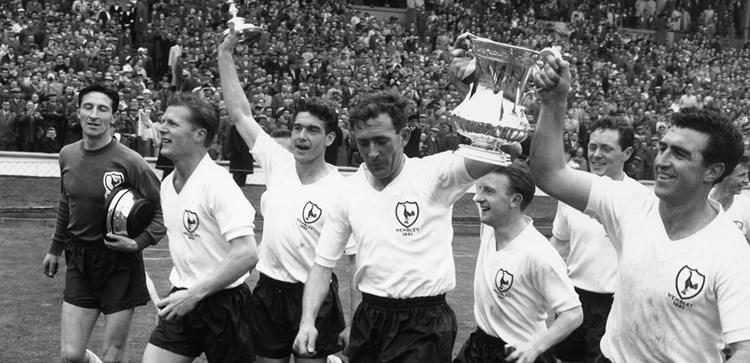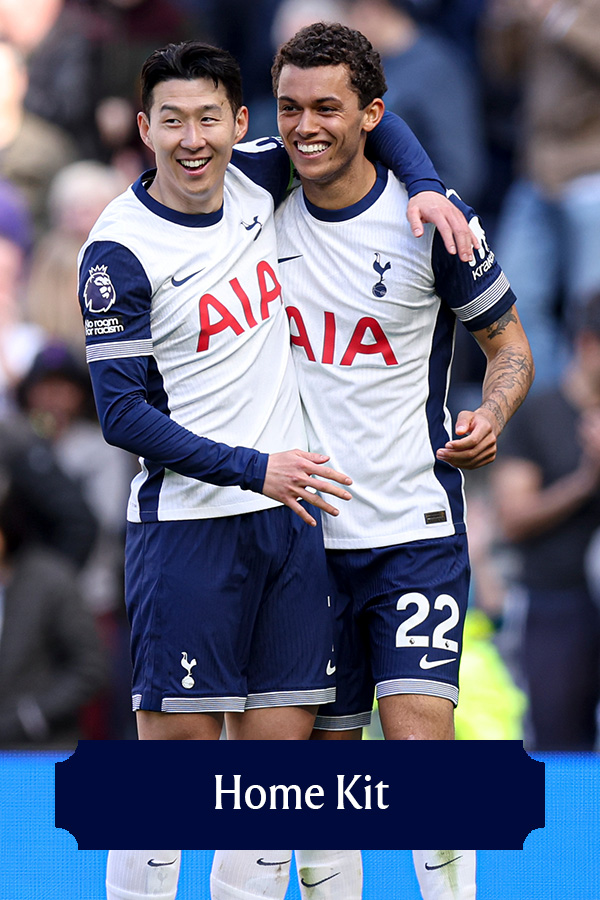It’s 59 years to the day - 6 May, 1961 - that the Club made history by clinching the ‘double’ of the First Division championship and FA Cup.
Bill Nicholson’s ‘glory, glory’ team secured what was seen as almost an impossible task in those days by beating Leicester City 2-0 in the FA Cup Final at Wembley. We were the first club to achieve the feat in the 20th century.
The title was already in the bag – the trophy already lifted at the Lane after victory against Sheffield Wednesday on 17 April – and goals from Bobby Smith and Terry Dyson saw us home under the famous old Twin Towers.
Taking over as manager in 1958, Bill had put together a team, in his words, ‘well prepared to do something… you can’t put it into words, it’s a feeling you get’. Cliff Jones, John White, Bill Brown and, crucially, Dave Mackay, the heartbeat of the team, had arrived in 1958 and 1959. The team finished a close third in 1959/60 and there was a belief, led by captain Danny Blanchflower, that the double could be achieved. “It can be done, but you have to believe,” he said.
Everyone started to believe as the team reeled off a record 10 straight wins at the start of the 60/61 season. City were the first team to take points off us in a 1-1 draw on 10 October, but we responded with another four wins, and it wasn’t until Sheffield Wednesday - our closest rivals, alongside Wolves, that season - beat us on 9 November that our colours were lowered. After that loss, we won seven and drew one of our next eight games before we were beaten again at United in January. How do you follow that? How about beating Arsenal 4-2!
60/61 - the team celebrate a record 10 straight wins at the start of the season
At the end of February, we’d still lost only three of 31 games and were a healthy eight points clear – remember, two points for a win – and after a comparatively minor ‘wobble’ in March, we got over the championship line with that win over Sheffield Wednesday in April, eight points clear of the Owls with only three games remaining.
That left the final day of double destiny - 6 May, 1961 - and victory in the FA Cup Final thanks to Smith’s swivel and shot and Dyson’s superb header in the second half against Leicester meant Bill and the squad, as the Express headlined, ‘join the immortals’.
“They were special times,” said Cliff, a key player who contributed 19 goals from 35 appearances from the left wing. “We had a great mixture of talent and skilful players, he likes of Danny Blanchflower, John White and then you had the power of Mackay and Bobby Smith and the pace of someone like myself, so it was a great blend, and we were mates, like a family.
“People always remember the first, don’t they? Roger Bannister and the four-minute mile, Neil Armstrong walking on the moon... we were the first to win the double and that can never be taken away from us.”

Danny on the double
Danny Blanchflower, in his own words, talks about the double in this extract from the Tottenham Hotspur Opus...
“On the Friday before The FA Cup Final we retreated to our North London hotel to escape all intrusions. That night, a bus took us into the West End for the late showing of The Guns of Navarone. The idea was to help release the tension and return late enough to be tired enough to sleep soundly.
“At five minutes past 2pm we hung our coats in the Wembley dressing-room. It was quieter than White Hart Lane. Whatever the fans thought, the Double wasn’t yet in the bag. Leicester certainly stood far more chance of beating us than Aston Villa had been given of stopping United’s Double four years before.
“It was a day that Spurs will be remembered for, but one I would rather forget. We played just well enough to beat Leicester City, and that was not all that good. It might have been the worst match the 1961 team played for Spurs but it was good enough to clinch the Double. Bad matches teach you more than good ones. This one confirmed that our team could play well below par, disappoint all our expectations, and still beat average teams like Leicester. The trick is to know your own capabilities and to recognise a bad day when you see one, to ride along with it... When you can do that you are a real pro.
“There was a small crowd to meet us at Edmonton Town Hall, perhaps 2,000, but we thought that would be the lot. At 3.30pm, when the open-top, double-decker bus left, all the roads were packed. I have never seen so many people crowding pavements, clinging to trees, and hanging out of windows down the three-mile route. What I particularly remember, funnily, was a small, round man in a white suit, heavily made-up with what looked like actors’ powder. He got on our bus and waved to the crowd the whole way. None of us know who he was, and I don’t think anyone ever asked.
“At the Royal Dance Hall the band was out on the balcony, adding to the jazz. It was a day that summed up the whole season for me. Here was the real glory. The trust and respect of the fans in their team, for a season of skill and style and crowds, and the triumph of the first Double this century... I was really lucky. I worked hard for the glory and I had all my medals at the end of my career. It could not have been better.
“I was born in Belfast in a district called Bloomfield. I played youth football at a place called Orangefield. I finished at White Hart Lane with the Lilywhites. Blanchflower is Whiteflower. John White was my partner. He was struck by lightning the year I retired. Bloomfield led to a lot of white flowers. What does that mean? Maybe... the soul goes marching on... Glory, Glory, Hallelujah...”

